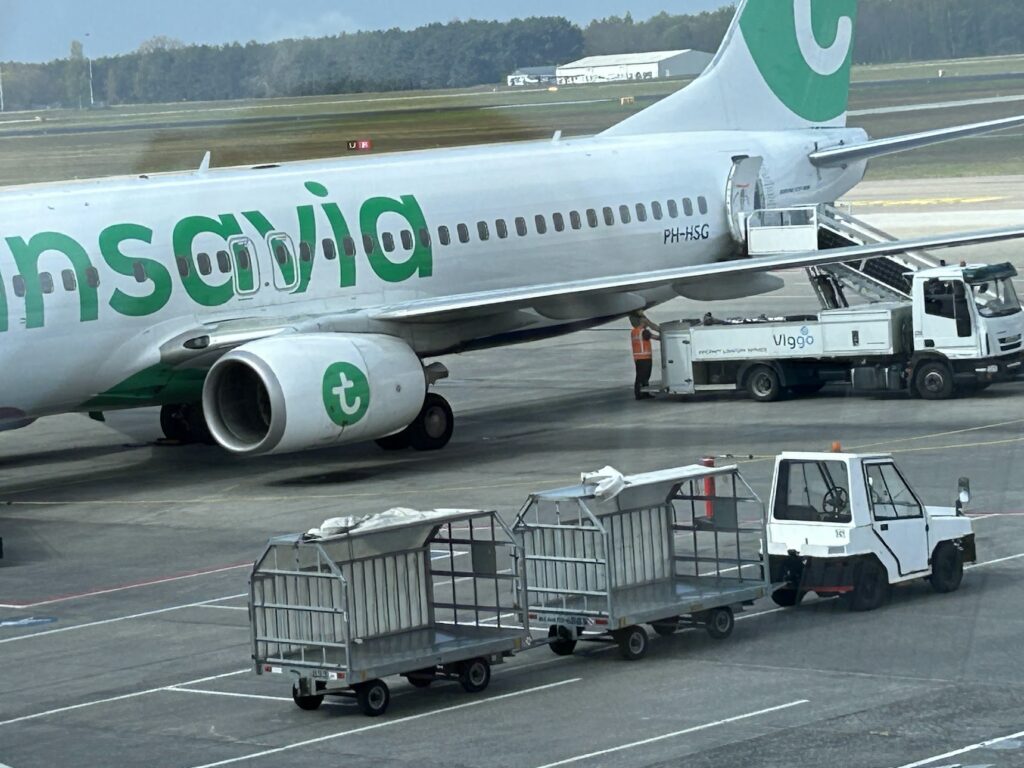Travelers are advised to keep an eye on the status of their flight via the website.
Due to the recent heavy snowfall and winter weather conditions in the Netherlands, air traffic has been significantly disrupted. KLM has had to cancel several flights from Schiphol due to the winter weather conditions. These cancellations and delays are mainly due to the limited capacity for de-icing the aircraft. Three Transavia planes even had to divert to Groningen Airport Eelde to land safely.
These winter conditions not only affect air traffic, but also cause problems elsewhere. According to Weeronline, wet snow is falling in most places, which means that the slipperiness is not too bad at the moment. However, as temperatures drop, the chance of slippery conditions increases. The snow may then remain, and the risk of wet roads freezing increases. Temperatures will drop, especially in the evening and night, causing more and more snow to remain.

Passengers face potential delays and cancellations, significantly impacting their travel plans.
Transavia has set up a system to keep passengers informed via email and SMS, based on the contact details provided when booking. This proactive communication is crucial for travelers to adjust their travel plans accordingly. In addition, the airline emphasizes the importance of consulting the current information flight information. Passengers can check the latest status of flights by entering their flight number, departure airport or destination on the Transavia website. This step is essential for a well-prepared trip.
De-icing of aircraft is a critical procedure performed to ensure the safety of flights. This process involves removing ice and snow that has accumulated on the aircraft, which is essential to maintain the aerodynamic properties and overall safety of the aircraft. However, this process can be time-consuming, especially in heavy snow or icy conditions, leading to longer wait times and flight schedule delays.
The impact of such winter weather on aviation is not unusual. In the past, similar weather events have caused significant disruptions in various parts of the world. Airlines and airports are implementing various strategies to minimize the impact, including improved weather forecasts, better communication with passengers and more efficient de-icing procedures. Nevertheless, winter conditions remain a significant challenge for the aviation industry.



